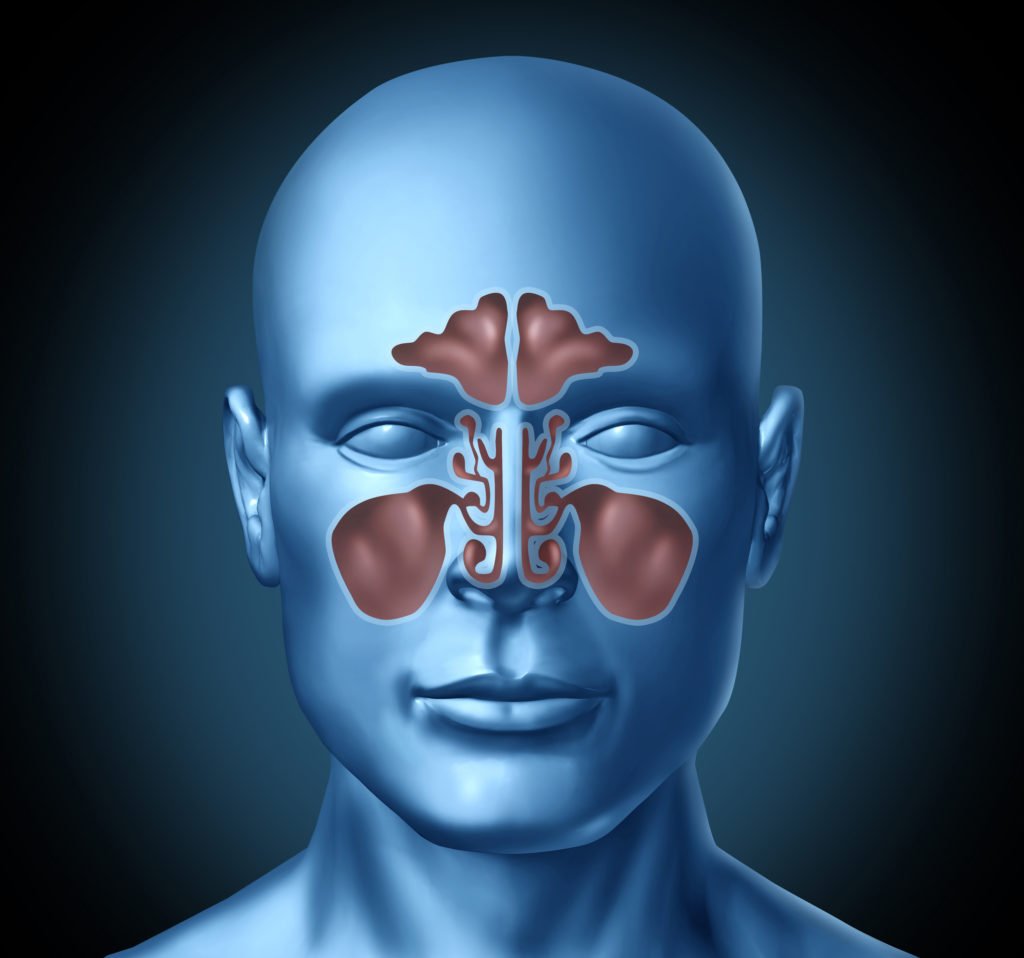
Human Metapneumo virus (HMPV) is a respiratory virus that has been quietly circulating since its discovery in 2001. While it may sound concerning, I reassure you that HMPV is a common virus, and most individuals recover without complications. Let’s take a moment to understand its history, current cases, signs and symptoms, and available treatments so that you can stay informed without worry.
A Brief History of HMPV
HMPV was first identified by researchers in the Netherlands when they noticed a previously unknown virus in respiratory samples. However, further studies revealed that HMPV had likely been circulating among humans for decades before its discovery. Belonging to the same family as respiratory syncytial virus (RSV), it primarily affects the respiratory tract, particularly in children, older adults, and individuals with weakened immune systems.
While the idea of a “new” virus can seem alarming, HMPV is far from a new threat. Its patterns and effects have been well-studied, allowing doctors and scientists to understand how it behaves and spreads. This knowledge is crucial for providing adequate care and reassurance.
Current Cases and Trends
Like other respiratory viruses, HMPV cases peak during late winter and early spring. It is a global virus affecting people of all ages. Currently, HMPV is one of many respiratory viruses that circulate regularly, alongside influenza, RSV, and seasonal coronaviruses. Given the close contact in these environments, outbreaks often occur in schools, daycare centers, and long-term care facilities.
Rest assured, HMPV is not a cause for panic. The vast majority of cases result in mild illness, and severe outcomes are rare. However, it’s important to note that in some cases, particularly among young children, older adults, or individuals with underlying health conditions, HMPV can lead to more severe respiratory issues or exacerbate existing conditions. Healthcare providers are well-equipped to diagnose and manage this infection, ensuring that patients receive the care they need.
Recognizing the Signs and Symptoms
HMPV symptoms can range from mild to moderate and often resemble those of a common cold. These may include:
- Cough
- Runny or congested nose
- Sore throat
- Fever
- Fatigue
In some cases, particularly among young children, older adults, or individuals with underlying health conditions, symptoms may be more pronounced, such as:
- Wheezing
- Difficulty breathing
- Increased fatigue
These more severe symptoms, which may indicate a more serious case of HMPV, warrant a visit to your healthcare provider for evaluation and support. However, it’s important to note that most cases are mild, presenting with symptoms like a runny nose, cough, and mild fever, and resolve on their own within a week or two.
Treatment and Care
There is no specific antiviral medication for HMPV, but the good news is that most infections can be managed at home with simple measures:
- Rest: Allow your body time to recover.
- Hydration: Drink plenty of fluids to stay hydrated.
- Over-the-counter remedies: Medications like acetaminophen or ibuprofen can help reduce fever and discomfort.
For individuals with more severe symptoms, such as difficulty breathing, healthcare providers may recommend oxygen therapy or other supportive measures. In rare cases, hospitalization may be required, but these instances are uncommon.
Staying Healthy
Preventing HMPV is similar to avoiding other respiratory viruses. Simple habits, such as washing your hands regularly, avoiding close contact with sick individuals, and covering your mouth and nose when coughing or sneezing, can go a long way in reducing the risk of infection.
As your doctor, I want to emphasize that awareness is your best tool. Understanding HMPV helps you make informed decisions without undue concern. Most importantly, remember that your body is resilient, and with a little care, you’ll be back to feeling your best in no time. Should you have any questions or worries, we are always here to help.
This article was written with the help of generative AI and edited by Dr Akanksha Saxena, Consultant Ear, Nose, Throat, Head & Neck Surgeon, ENT360, DLF Phase 1, Gurgaon. She is an ENT Specialist in Gurgaon with over 14 years of experience. Read more of her blogs here.


